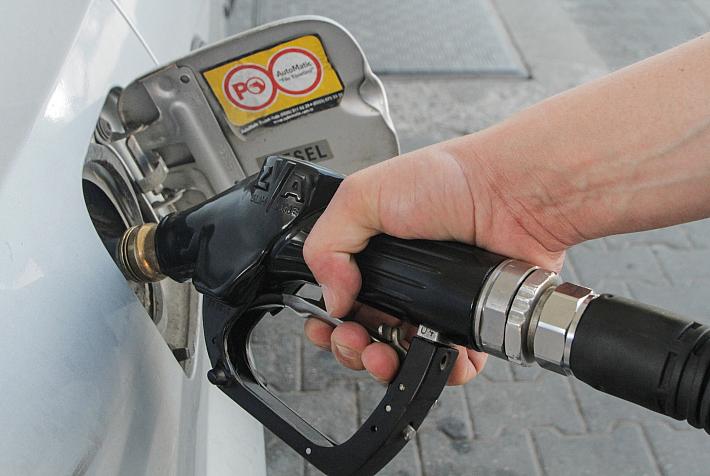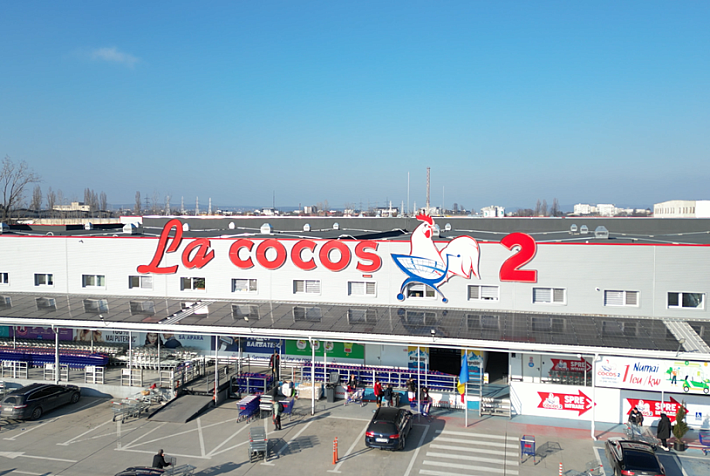Romania's CFA economic confidence index recovers after presidential elections

Romania's economic sentiment rebounded sharply in May following the presidential election victory of pro-Western candidate Nicușor Dan, according to data published by the CFA Romania Society on June 19. The recovery comes after a significant decline in April amid fears of a potential win by isolationist candidate George Simion.
After the recovery in May, the investors' sentiment is now being tested by the authorities' attempt to form a majority coalition and a fiscal consolidation plan. The structure of the fiscal plan and the European Commission's decision on the continuation of transfers from the EU budget are the two key drivers that may significantly impact both the current conditions and the anticipation components.
The CFA Macroeconomic Confidence Indicator rose by 11.5 points in May to 44.9 points, regaining losses from April when the index had dropped by 10.6 points to 33.3—its lowest level since the Covid-19 pandemic. Despite the improvement, the index remains below the neutral 50-point threshold.
The component measuring current economic conditions advanced by 4.3 points to 52.2, marking a return to positive territory. Meanwhile, the anticipations component rose more sharply, gaining 15.2 points to reach 41.1, though it still indicates pessimism regarding future developments.
"With the risk of a presidential election outcome that would have led Romania towards euroscepticism now eliminated, the confidence indicator increased significantly in May," said Adrian Codîrlașu, Vice President of CFA Romania, in a statement. "However, the risk to the Romanian economy remains high and is mainly caused by the unsustainable budget deficit. In the context of uncertainty, especially fiscal, the economy is expected to grow modestly, with a recession scenario for this year not being excluded."
The share of CFA survey participants expecting Romania to maintain its investment-grade credit rating rose to 74% in May, up from the previous month. The remaining 26% anticipate a downgrade to non-investment grade status.
Forecasts for Romania's 2025 state budget deficit have improved slightly, now averaging 7.7% of GDP, down from 7.9% in April. This remains above the government's 7.0% target but within what analysts see as a tolerable margin following last year's 9.3% ESA deficit.
Public debt is forecasted to rise to 59% of GDP over the next 12 months, compared to 57% in May. Meanwhile, anticipated inflation for June 2026 increased to 4.87%, up from the level recorded in March.
(Photo: Oleg Kachura/ Dreamstime)
iulian@romania-insider.com













